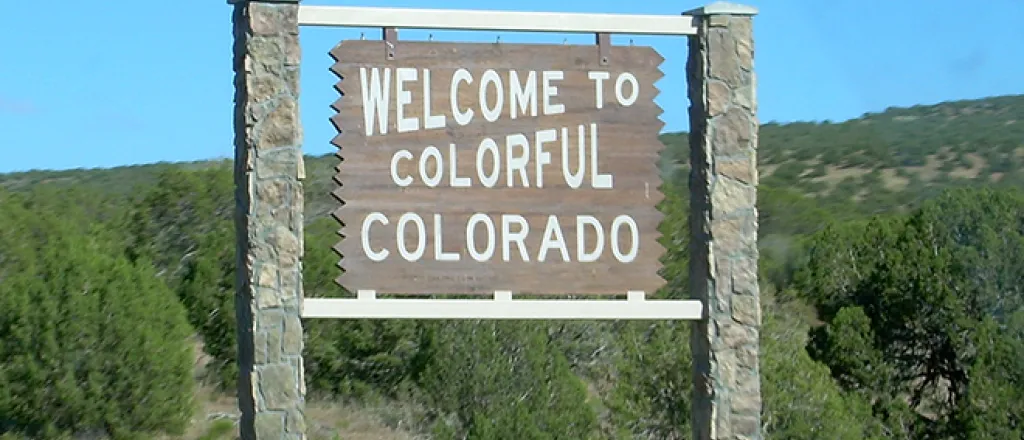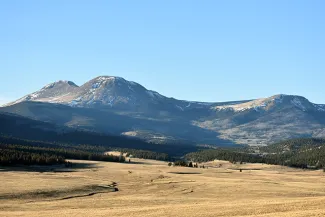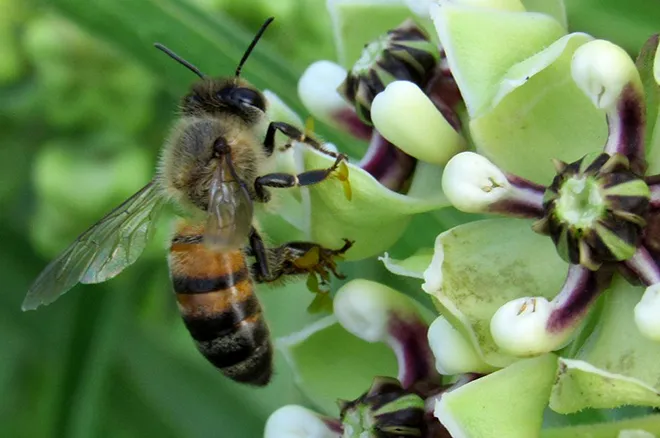
Colorado poll shows broad support for voluntary private land conservation
Click play to listen to this article.
(Colorado News Connection) Colorado voters said they support previous efforts to conserve the state's wild landscapes and open spaces, according to a new survey, and they believe the job is not yet finished.
Lori Weigel, principal at the polling firm New Bridge Strategy, said the vast majority of voters want lawmakers to help protect more areas, and not just iconic public lands or state and national parks.
"It's also conserving ranches and farmlands and beautiful mountain areas, that people own and continue to work, but that also provide wildlife habitat and protect the sources of drinking water," Weigel explained.

Mountains in Colorado. © Chris Sorensen / KiowaCountyPress.net
Eight in 10 Coloradans agreed forests, farms, grasslands and wetlands help capture carbon pollution, the primary driver of climate change, and said they would vote to protect more land, water and wildlife habitat. A majority of respondents said they would urge state legislators to double the amount of land to be conserved through tax incentives. Some incentives are currently set to expire in 2026.
Nearly nine in 10 Colorado voters say protecting water and land is critical for keeping the state's economy strong. Weigel argued respondents understand investing in conservation helps support jobs, in both the outdoor recreation and agriculture sectors.
"We see this strong support for voluntary land conservation in the state in large part because Coloradans connect the health of our land, water, and wildlife habitat with our economy," Weigel emphasized.
Among the respondents, 61 percent of Republicans, 73 percent of Independents and 83 percent of Democrats supported increasing the existing caps on tax credits, which help remove significant financial barriers for property owners to conserve lands. Weigel noted support remains strong in rural parts of the state and larger metropolitan areas.
"We found that voters across the political spectrum support reauthorizing the tax incentives for voluntary land conservation agreements," Weigel added.

















